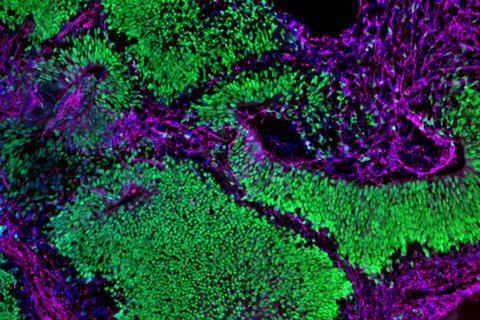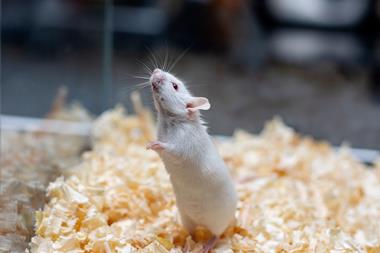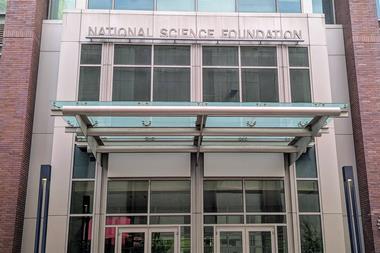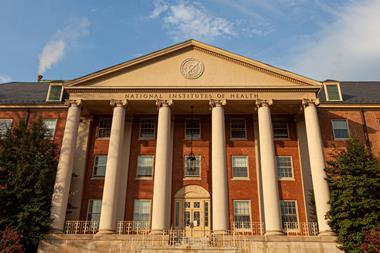
The US National Institutes of Health (NIH) has launched a new centre that aims to reduce the use of animal testing in drug discovery by developing organoids – lab-grown tissue models designed to mimic the structure and function of human organs. Dubbed the Standardized Organoid Modeling Center, the goal of the centre will be to create new standardised organoid-based methodologies to help improve reproducibility.
The centre, which will be funded with $87 million (£65 million) in contracts spread out over three years and housed at the NIH’s Frederick National Laboratory for Cancer Research in Maryland, aims to address reproducibility challenges through the use of advanced technologies like artificial intelligence (AI), robotics and various human cell lines. The hope is that the standardised organoid models created will be widely used by researchers and accepted by regulators, accelerating scientific discoveries and decisions.
This development at the NIH follows an announcement by the US Food and Drug Administration in April that it intends to phase out animal testing requirements for new monoclonal antibody therapies and other drugs. Later that same month, the NIH rolled out an new initiative to decrease reliance on animal models in biomedical research funded by the agency.
‘We all want better and faster ways to bring lifesaving treatments to patients,’ the National Association for Biomedical Research’s president, Matthew Bailey, stated at the time. ‘But no AI model or simulation has yet demonstrated the ability to fully replicate all the unknowns about many full biological systems. That’s why humane animal research remains indispensable.’

















No comments yet